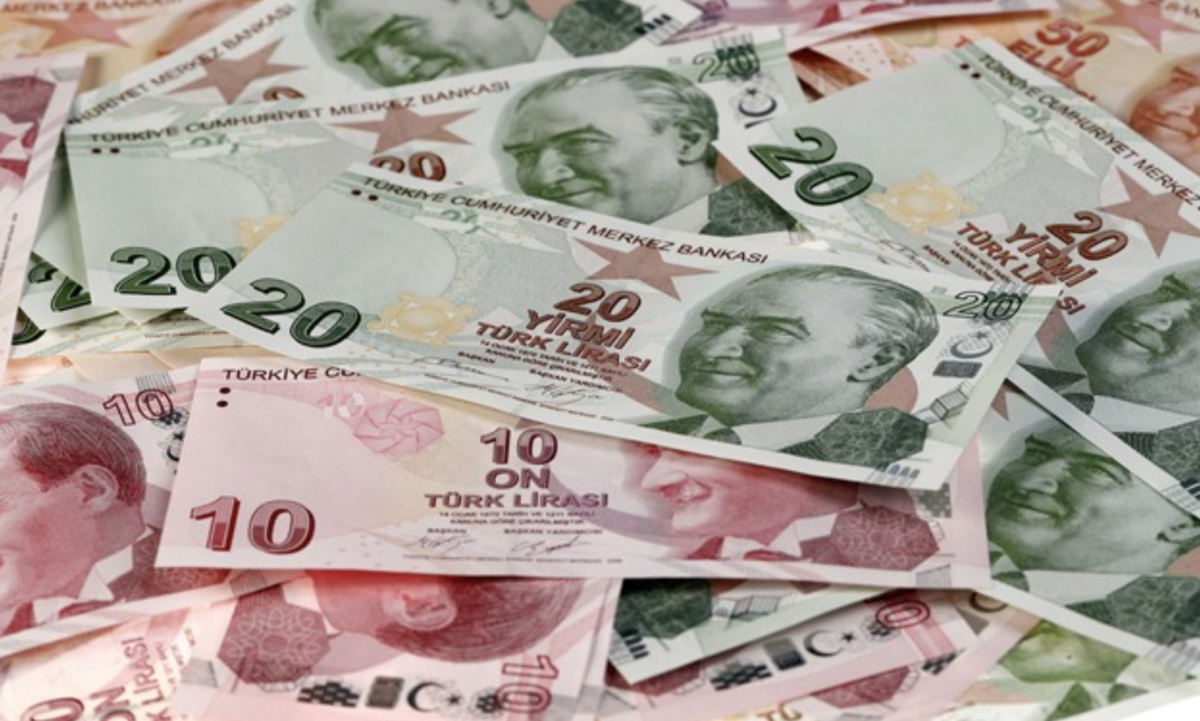Turkey, a large and important Emerging Market from both the investment market and economic perspective, is engulfed in a financial crisis.
Not only do we see it as difficult to plot an easy way out to calmer waters locally but the magnitude of the storm is buffeting other Emerging Markets.The implication for the Czech koruna is moderate downward pressure, especially against the US dollar but also versus the Euro. If such weakness persists, the Czech National Bank (“CNB”) will most likely take the opportunity to hike interest rates.
The roots of the Turkish crisis are economic; the reactions magnifying it are political. Turkey spent decades before 2005 with endemic high inflation and an unstable currency. From 2002 onwards, the country under now-President Erdogan pursued a policy of disinflation backed by disciplined fiscal performance, reining in spending and managing its tax system properly. This stable picture was almost unrecognizable from that which the author encountered when first looking at this market 20 years ago in 1998. In a sea-change, President Erdogan’s successful attempt at consolidating political power over the past 3 years involved loosening the rules his own governments had put in place before, allowing the economy to grow. Financial markets, with the US and other Central Banks embarking on policy tightening in the background, became more nervous of Turkey’s accelerating inflation rate. Consumer price inflation hit 15.9% yoy in July 2018.
Turkey was one of the many countries around the world that has seen increasing levels of borrowing since 2008, both by the government and the local banks. Much of this was and is in US Dollars and Euros. As inflation rose to its present levels, the Turkish lira depreciated. Over the year to this morning of 13 August it fell -49% versus the US Dollar.
The build-up of debt and inflation saw investors demanding higher interest rates (or yields of bonds) to hold money in Turkish lira. The Central Bank of Turkey has not delivered higher interest rates. Investors perceive that the Central Bank of Turkey has not hiked rates due to political considerations. Turkey’s economic policy is thus designed to stimulate growth but investors are demanding discipline. President Erdogan’s statements on economic policy and the ongoing diplomatic spat with the US, involving arrests, NATO arguments and sanctions have triggered the crisis.
Without President Erdogan changing his mind on policies and the lira rallying, FX liability levels in the local banking system look likely to hurt both Turkish and European banks. The Euro is seeing selling pressure versus the US dollar. A policy option for Turkey is capital controls. These consequences trigger fears of the storm spreading into other Emerging Markets, especially those with high levels of debt. Other countries do not have all of Turkey’s problems but have some of them. After years of “easy money” in financial markets, turbulence appears most likely.
The Czech koruna in this environment would most likely track the Euro down versus the US dollar and depreciate moderately versus the single currency. If the latter occurs and the EUR/CZK level moves again to 26.0 or beyond, then the CNB would again have room to raise interest rates.
Inflation in the Czech economy remains above the CNB’s target and koruna weakness imports inflation (costs of goods priced US dollars and Euros rising in CZK terms). Thus the CNB will most likely act again to raise interest rates. We expect higher yields on Czech fixed income assets as a consequence in coming months. And some more rational consideration of the pricing of risk in corporate bonds and equities.


